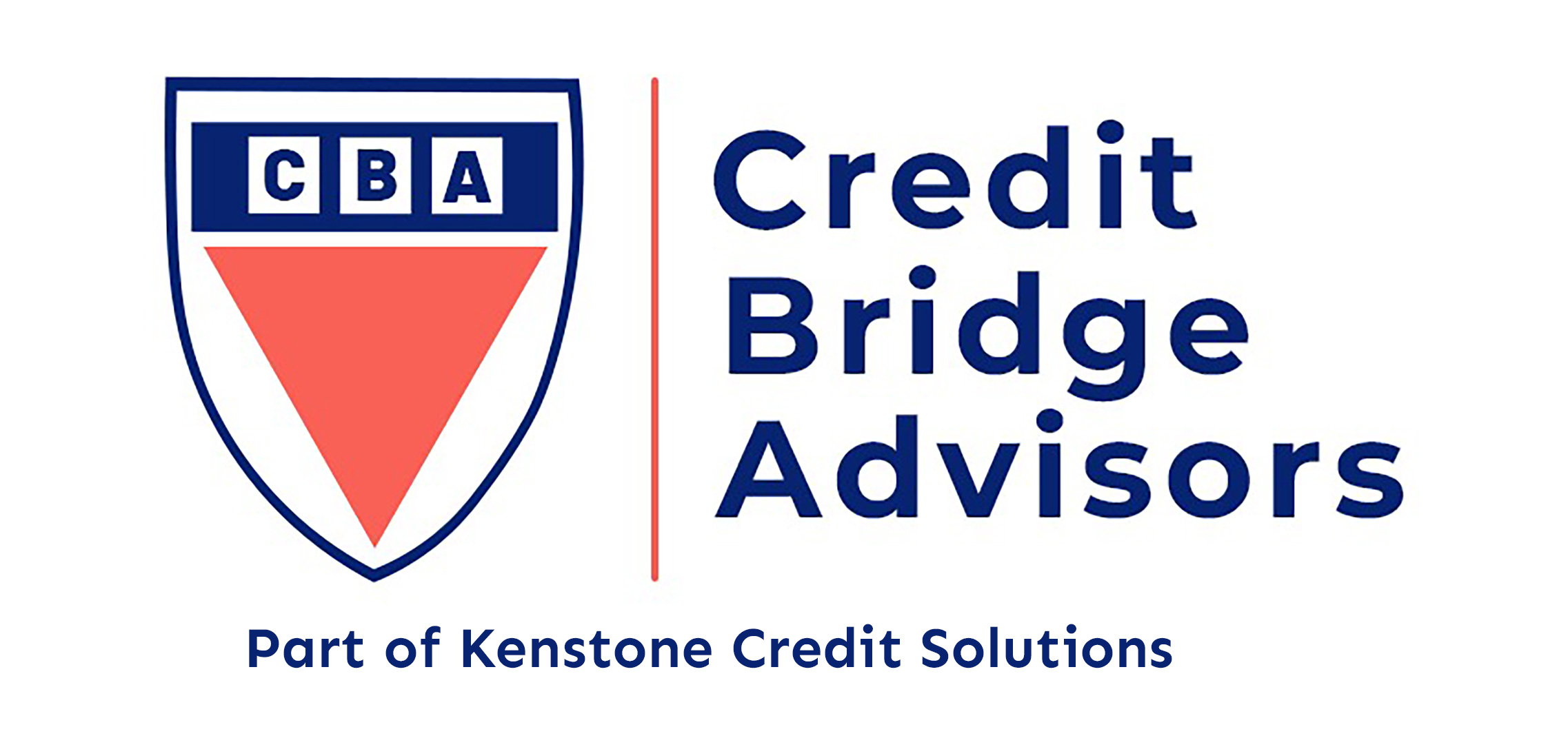Equifax Credit Report: Credit Score Improvement Strategies
- July 15, 2024
- Posted by: harish.krishnamurthy82
- Category: Blog

In today’s financial landscape, your credit score is more than just a number; it’s a crucial factor that influences your ability to secure loans, credit cards, and even employment opportunities. A strong credit score can open doors to favorable interest rates and better financial products, while a poor score can limit your options. If you’re looking to improve your credit score, particularly your Equifax credit score, here are some effective strategies to help you on your journey.
1. Understand Your Credit Report
Before you can improve your credit score, you need to know where you stand. Obtain a copy of your Equifax credit report and review it carefully. Look for any inaccuracies, such as incorrect account information, outdated balances, or accounts that don’t belong to you. Disputing and correcting these errors can give your credit score a quick boost.
2. Pay Your Bills on Time
Payment history is the most significant factor in your credit score, accounting for 35% of the total calculation. Late or missed payments can have a substantial negative impact. Set up reminders or automatic payments to ensure you pay all your bills on time, including credit cards, loans, and utilities. Consistent, on-time payments will gradually improve your score.
3. Reduce Your Credit Utilization Ratio
Your credit utilization ratio—the amount of credit you’re using compared to your credit limit—plays a significant role in your credit score. Ideally, you should aim to keep your credit utilization below 30%. Paying down high balances and refraining from maxing out your credit cards can help lower this ratio and boost your score.
4. Avoid Opening New Credit Accounts Unnecessarily
Each time you apply for new credit, a hard inquiry is recorded on your credit report, which can temporarily lower your score. Opening new accounts also reduces the average age of your credit history, another factor that can negatively impact your score. Only apply for new credit when absolutely necessary.
5. Keep Old Credit Accounts Open
The length of your credit history accounts for 15% of your credit score. Closing old accounts can shorten your credit history and negatively affect your score. Even if you’re not using an old credit card, keeping it open can help maintain a longer average credit history, which is beneficial for your score.
6. Diversify Your Credit Mix
Having a mix of different types of credit—such as credit cards, installment loans, and a mortgage—can positively impact your credit score. However, this doesn’t mean you should take on unnecessary debt. If you have a limited credit history, consider responsibly adding a different type of credit to your profile.
7. Regularly Monitor Your Credit Report
Monitoring your Equifax credit report regularly can help you stay on top of any changes that might impact your score. It also allows you to spot any suspicious activity or potential identity theft early on. Many services offer credit monitoring, and Equifax itself provides tools to help you track your credit score over time.
8. Consider a Credit Builder Loan
If you have a low credit score or no credit history, a credit builder loan could be a valuable tool. These loans are designed to help you build credit by making regular, on-time payments. Once the loan is paid off, the lender reports your payment history to the credit bureaus, which can improve your score.
9. Seek Professional Advice if Needed
If you’re struggling to improve your credit score on your own, consider seeking advice from a credit counselor or financial advisor. They can provide personalized strategies and help you create a plan to manage your debt and improve your credit score.
Conclusion
Improving your Equifax credit score is not an overnight process, but with persistence and careful financial management, it’s entirely achievable. By understanding your credit report, making timely payments, managing your credit utilization, and adopting responsible credit habits, you can steadily increase your score and enjoy the financial benefits that come with it. Remember, your credit score is a key component of your financial health—take the necessary steps today to ensure it’s in the best shape possible.
